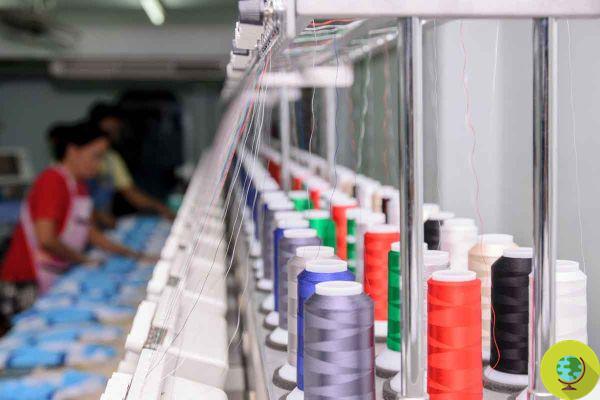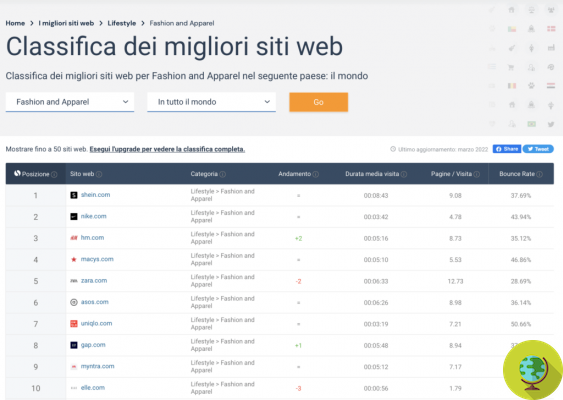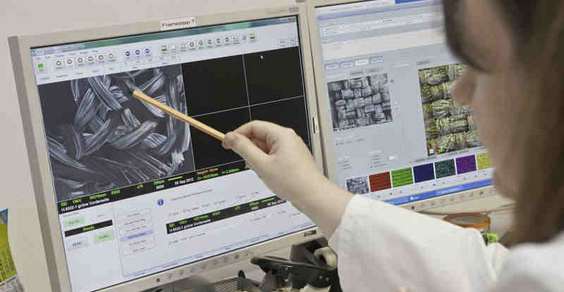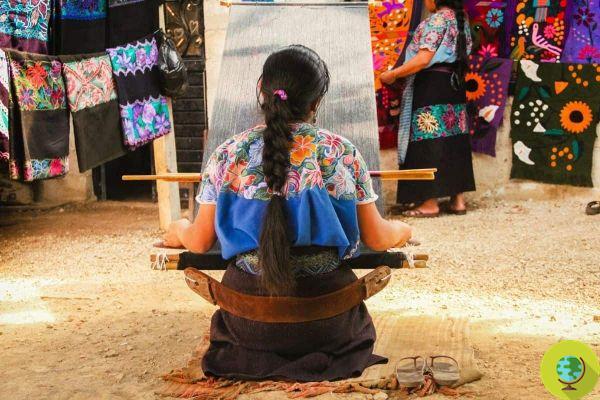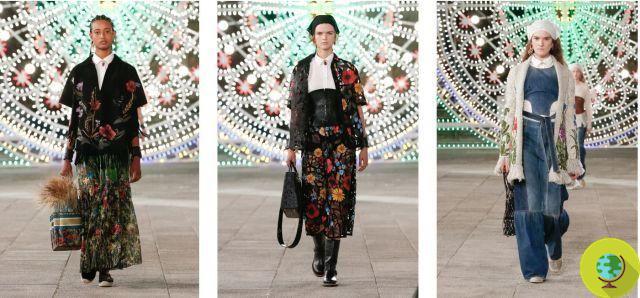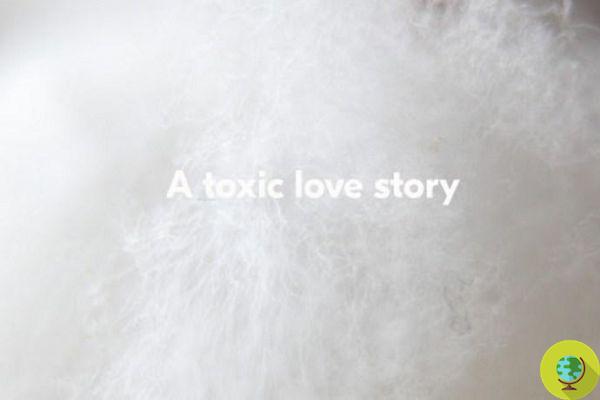
It's easy to say cotton. For thousands of years, man has been using this textile material, which is no coincidence that it is the most widespread in the world due to its countless characteristics. However, behind cotton there is a world of slavery, GMOs, environmental destruction and pesticides.
Don't store avocado like this: it's dangerous
It's easy to say cotton. For thousands of years, man has been using this textile material, which is no coincidence that it is the most widespread in the world due to its countless characteristics. However, behind cotton there is a world of slavery, GMOs, environmental destruction and pesticides.
Soft and light, cotton keeps us cool in hot weather and can withstand both high temperatures and wear, but its production hides much more, to the point of transforming it into one of the most problematic raw materials in the world.
The production of cotton, between pesticides and water scarcity
In fact, harmful chemicals are often used in crops. Cotton also requires huge amounts of water to grow. Sometimes up to 29.000 liters are needed to produce just one kg. Most conventional cotton is grown in warm, dry areas, and this is where the problem arises as large amounts of chemical pesticides and fertilizers are used to grow in these areas.
Up to 25% of all insecticides used in agriculture worldwide are used in the cotton industry. However, cultivation takes up only 2,5% of all arable land globally. These chemicals are not limited to killing harmful parasites but spread to other organisms in the food chain through interactions between water, air and soil and can destroy entire ecosystems.
Exposure to these chemicals is also causing severe health problems to many farmers and their neighbors, who complain of headaches, nausea, dizziness, severe allergies, severe illness and in the most severe cases even death.
Often these regions also suffer from water scarcity and the population sometimes has to make a living by growing cotton and saving water to drink.
Organic cotton
Organic or organic cotton can be a valid and decidedly more sustainable alternative to traditional cotton. The plants from which it is produced are in fact grown without chemical pesticides and artificial fertilizers. Unfortunately, organic cotton represents only 0,1% of the total cultivated in the world.
At the moment, innovative solutions such as recycled cotton are also being considered but before they can firmly enter the market, we can be careful about what we buy.
First, let's make sure that the clothing we buy is made of organic cotton from countries where water is abundant and, if possible, replenished.
We also prefer to buy garments without mixed materials, easier to recycle in the future but above all we treat cotton garments with care so that they last longer and can also be used second-hand when we no longer need them.
READ also:
- Organic cotton: all the environmental benefits in one study
- GM cotton: Monsanto seeds banned in India after bad harvests of BT Cotton
- GMO cotton: Monsanto violates laws and destroys agriculture. The denunciation of Vandana Shiva
Francesca Mancuso










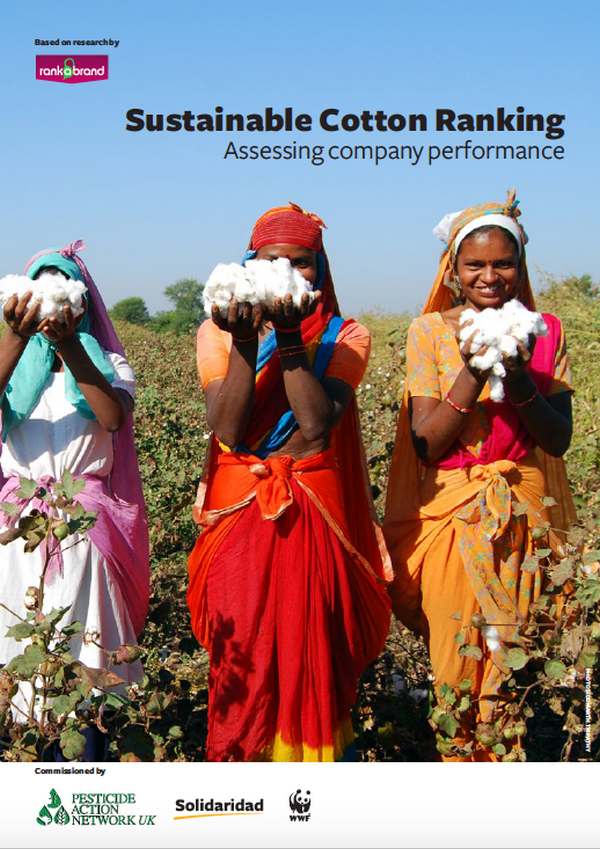


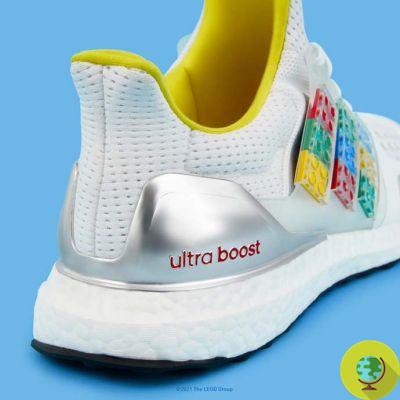




![Vivienne Westwood has a message for all the powerful ahead of COP26 [VIDEO]](/images/posts/221fa8f5dd2d21a4210e6b9071546b56-0.jpg)


